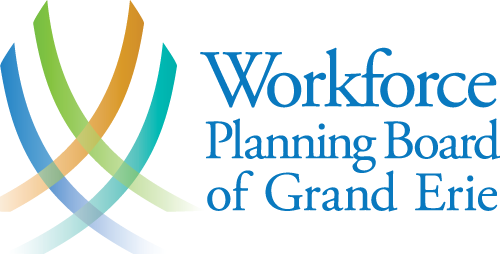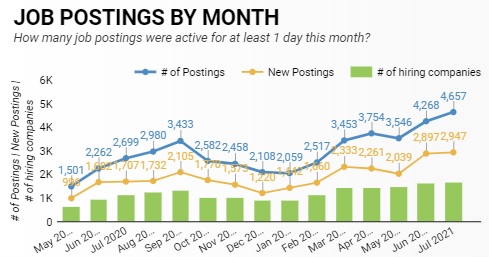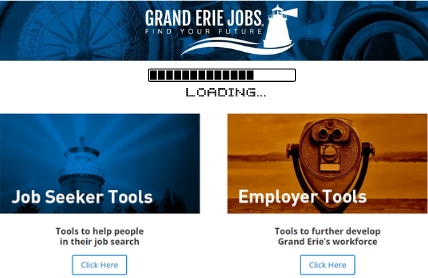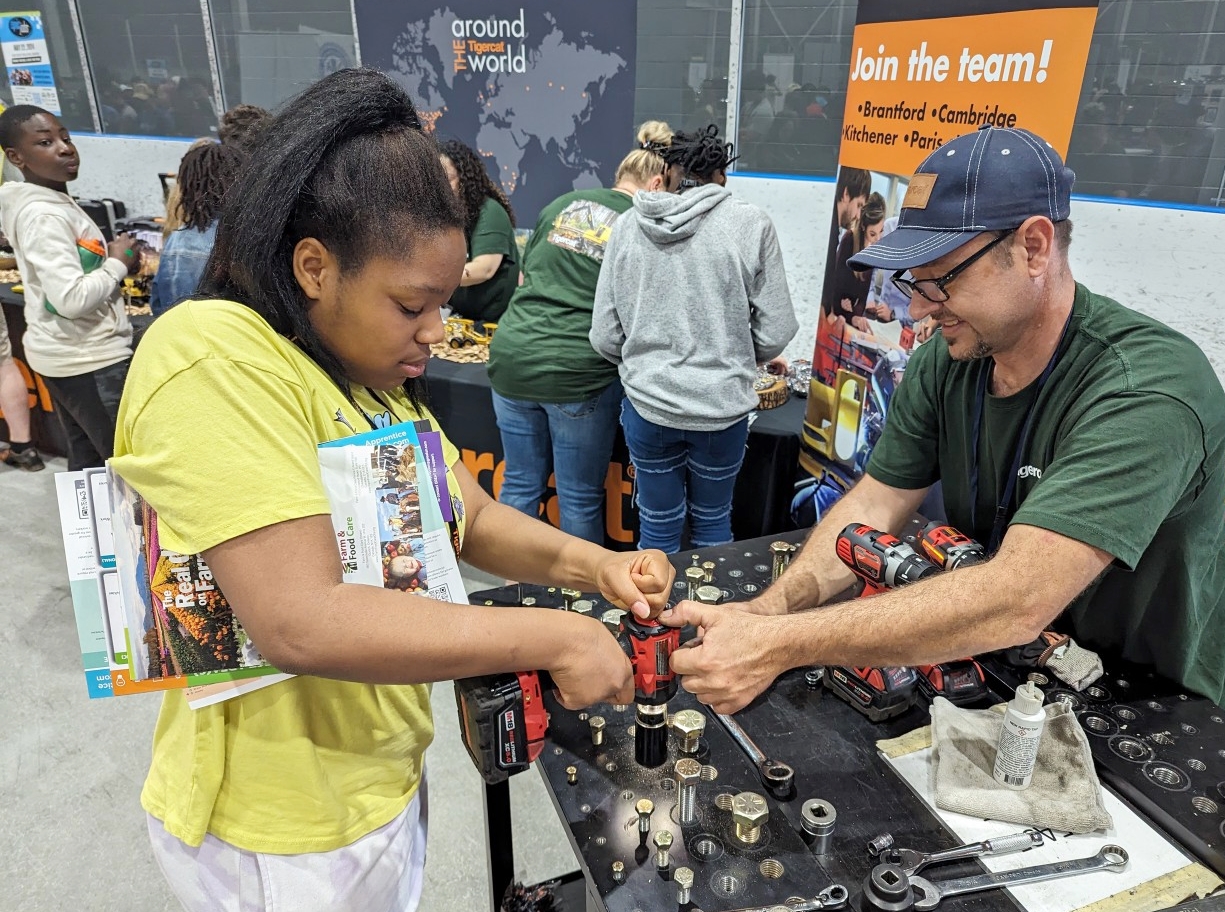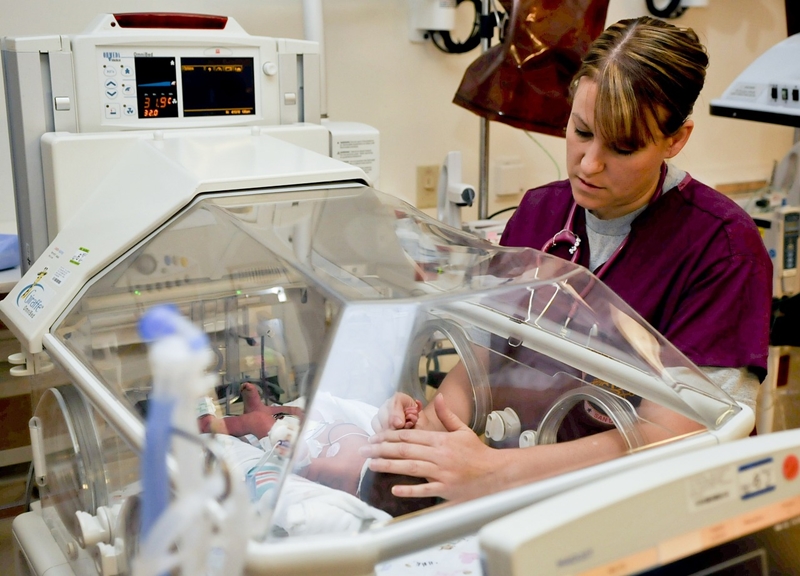Today, in our Frontline Fridays feature we talk to Special Constable Julia Bergsma. Julia works for Wilfrid Laurier University in the Special Constable Service Division.
In our Frontline Fridays series, the Workforce Planning Board of Grand Erie pays tribute to essential workers in our community. Essential workers have helped us cope with the COVID-19 pandemic in Brantford, Six Nations, New Credit, and the counties of Brant, Haldimand and Norfolk.
What does an average day look like for you?
Julia: The Laurier Special Constable Service (SCS) is open 24/7 to respond to calls for service at Wilfrid Laurier University’s Brantford and Waterloo campuses. As a sworn officer with the Laurier SCS, an average day begins by participating in roll call and being briefed by my colleagues who worked on the prior shift.
Throughout our shifts we patrol campus by vehicle, foot (or bike when the weather permits) to conduct security checks and respond to any on campus emergencies or general calls for service. We are dispatched to calls through the SCS Communications Centre. Special constables can make arrests and lay charges under the same authority as police officers.
SCS regularly connects with Laurier stakeholders to ensure the service reflects the wants and needs of the campus, and is creating a positive, student-centred environment. We listen to concerns, offer education and crime prevention programs for students, faculty and staff, and employ the Ontario Mobilization and Engagement model of community policing. We strive to provide a caring and professional atmosphere ensuring we are respectful and committed to Indigeneity and equity, diversity and inclusion as part of our core values.
We must document our work activities, and each shift we must complete written reports for all calls for service.
How has Covid-19 has affected your day-to-day work?
Julia: We have additional safety requirements in place, including wearing face masks and regularly disinfecting our shared workplaces. Laurier SCS has an app, called SAFEHawk, which students can use to contact us. The app now also includes a self-screening assessment tool for COVID-19 that all Laurier employees – including special constables – must complete before coming on campus. With our campuses quieter than usual because many are studying from home there is a heightened need for us to be proactive in our patrols of campus.
What has it been like to be an essential worker during the pandemic?
Julia: Being an essential worker during the pandemic has its share of difficulties and stressors. Much of our day is spent interacting with different people whether they be from the Laurier community or the community at large. In a time where social distancing is of high importance, we understand It may not always be possible. We take every precaution to limit the chances of exposure to our team, or by our team.
It’s not uncommon for us to interact with and provide support for marginalized members of our community. We do our best to help everyone we interact with. This winter our team, along with the Laurier Wellness Centre, St. Leonard’s Community Services and the Salvation Army assembled cold weather kits with hats, mitts, socks, snacks and other essential items to give out to people we encounter who may need them. We’ve also been involved in recent incidents of drug overdoses where lives were saved by special constables by administering CPR, first aid and naloxone.
What have been the greatest rewards and challenges in your work?
Julia: I became a special constable because I wanted to help people and make a difference. That’s my goal when I come to work each day: to try and make a positive contribution. As a Laurier alumna, I also enjoy the opportunity to be able to mentor students who are looking for support.
In terms of challenges, the community we serve is always changing. Each year students graduate, and new students start. This creates an ongoing need for us to educate incoming students as to who we are and how we can help so that they make use of our services when they need them during their years at Laurier.
Another great reward is the opportunity to work at convocation at the Sanderson Centre. Many times we see students who we have assisted at some point in their journey crossing the stage at the graduation ceremony to receive their degrees. It’s rewarding to see them accomplishing their goals. Laurier has a genuine sense of community, making it a great place to work.
What have been your greatest supports and means of coping as an essential worker this past year?
Julia: I know that all members of our team have dealt with the challenges of the pandemic in different ways. For me personally, getting exercise and staying physically active has been a big help. I’ve also appreciated being able to lean on friends and family for support. I’m grateful to have a supportive workplace with coworkers and supervisors you can rely on. We’re always checking in on each other and doing our best to maintain a positive mindset. As an institution that promotes well-being, Laurier also has several different resources available to staff.
What made you pursue your career? What lead you to take a job in this community?
Julia: I enjoyed being part of the community as a Laurier student in Brantford and always appreciated the work that SCS did on campus. I knew that I wanted to work within law enforcement, but for a service that focused on education and community support. For me, Laurier SCS fit that bill. I really appreciate the opportunity to work with people in the community, build connections, provide assistance to those who are in need and offer support to victims of crime.
When you look at the Laurier SCS team, we all come from a diverse set of backgrounds. Some, like me, are recent alumni. Others are former police officers. Regardless of background, we’re all drawn to the opportunity to make a positive difference.
What was your education/training?
Julia: I graduated from Wilfrid Laurier University’s Brantford campus with a Bachelor of Arts in Criminology and Contemporary Studies. Some of my colleagues have diplomas in legal studies, police foundations, or degrees in Criminology or other fields. Several are pursuing further education via the online Policing Program offered at Laurier.
Special constables are required to meet specific training standards as identified in the agreement between the local Municipal Police Service and the university for continued employment. We receive annual block training with the Brantford Police Service. As part of our onboarding we also participate in training on anti-oppression, micro aggression and implicit bias, and indigenous awareness.
With our director’s support we can pursue other ongoing education and training opportunities. For example, I completed training in de-escalation and mental health awareness. I continually seek opportunities for ongoing learning and improvement.
What advice would you give to someone interested in pursuing your career?
Julia: I’d strongly suggest pursuing post-secondary education. Regardless of your field of study, further education will help hone the critical thinking skills, empathy and collaborative skills you’ll need to be successful as a special constable. I’d also suggest getting involved in your community as a volunteer and maintaining a high level of physical fitness. I think it’s also essential to maintain a growth mindset. Continually challenge yourself to learn, challenge your assumptions, and be open to new ideas, viewpoints and opportunities.
Learn more about Laurier’s Special Constable Service here.
Local Training, Education and Certification for careers like Julia’s:
Laurier University
Criminology (BA) | Wilfrid Laurier University (wlu.ca)
100% Online Policing and Criminology Degrees | Wilfrid Laurier University (wlu.ca)
Ontario Association of Chiefs of Police:
Becoming a Special Constable – OACP Certificate Testing
Home – OACP Certificate Testing
Mohawk College
Police Foundations – 218 – 258 | Mohawk College
Conestoga College
Police Foundations | Full-time | Ontario College Diploma (conestogac.on.ca)
Westervelt College
Law, Security and Police Foundations – Westervelt College
Fanshawe College
Police Foundations (Accelerated) | Fanshawe College
Statistics Canada Occupational Classification:
NOC 2011 – 4311 – Police officers (except commissioned) – Unit group (statcan.gc.ca)
Search Police Service Jobs:
Grand Erie Jobs




